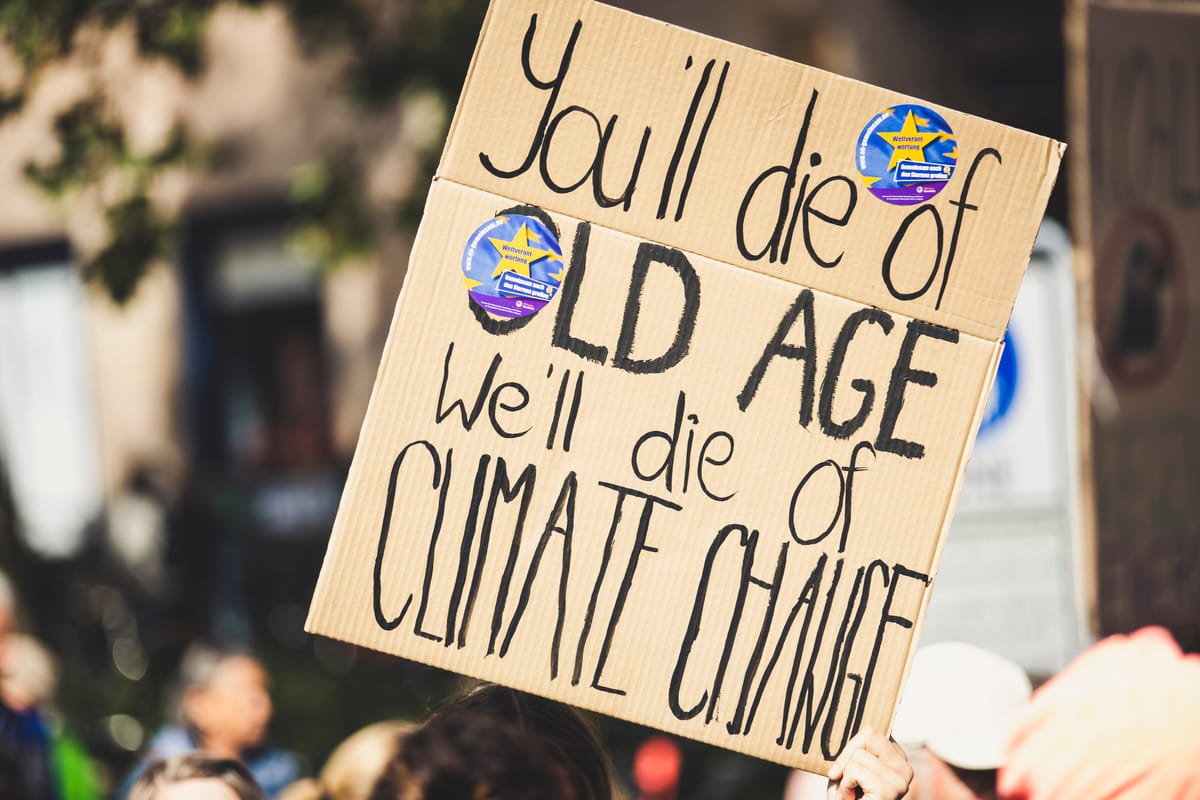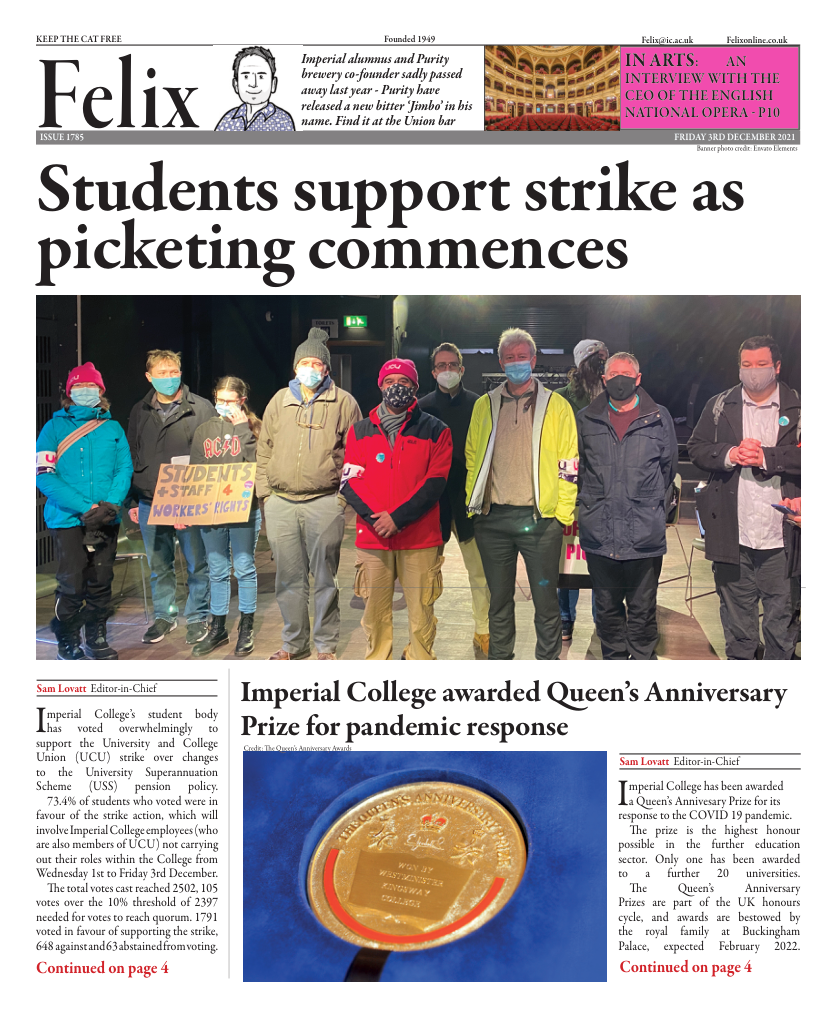There Are No Pensions on a Dead Planet
Research Postgraduate Peter Knapp reasons that we cannot plan for a future that is not guaranteed.

This week, pensions are big news. A strike from the University and College Union (UCU) aims to defend the existing USS pension scheme from savage cuts, and argues that staff shouldn’t have to pay more contributions towards a smaller pension in return. The National Union of Students (NUS) is backing the strike because many students wishing to work in academia will feel these cuts, too. I support the strike for fairer pensions that value academics, but we cannot ignore the elephant in the room: are pensions even going to exist as the climate and ecological systems break down?
Pensions are worth protecting, as they help to provide a more comfortable and secure future. But the climate and ecological emergency needs to be a focus in the pensions argument. A 2020 case study from the Institute and Faculty of Actuaries, which focuses on pensions, stated ‘the potential influence and risk of climate change on economies and our financial system is no longer in doubt’. They refer to tipping points such as climate change-related migration and conflicts, and the potential for food or other resource shortages causing ‘a drag on investment returns’. The fight for a secure pension clearly takes a back seat to mass migrations, food shortages, and wars, but this clearly shows how interconnected the issues are.
Not only that, but current pensions are invested in fossil fuels, which directly threaten our futures through climate and ecological collapse. We must demand sustainable investments in pensions, otherwise people under 45 may well never see it. Nobody wants a pension that is at the expense of a habitable planet. The Divest USS campaign is worth looking into for more details on how current pensions have signed a pact with destructive industries, at: divestuss.org.
I also welcome the collaboration between the students and the staff, as cooperation between groups and unions is key before taking on larger battles, such as tackling fossil fuel investments by Imperial College. Working together is important for creating change, and at a greater societal level, greater injustices can be challenged.
In 40 years, when I retire, many things will have happened. Almost certainly another pandemic, but we still have our hands on the wheel to decide how other things go. I would like to live in a world where Black Friday has been replaced with Payback Friday, where we celebrate fair reparations to countries who have suffered centuries of colonialism and climate change. Where Christmas is a festival of love for community rather than love for consumption. Where we tell stories about the day when no new fossil fuel extraction was globally announced. I’d like to live in a world where a state pension provides enough for a dignified retirement. But to get there, we need to start forcing that change now, through collaborations that are focussed on providing a safe and secure future for everyone. Rather than wait for the next international catastrophe, let’s be proactive about it and join activist groups who fight for the changes we need. Let’s act now. Our civilisation depends upon it.









